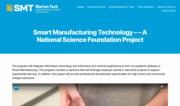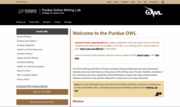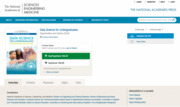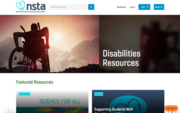
Bridging the Skills Gap in Smart Manufacturing through a New Technician Education Program
smt.mtc.edu
As the rapidly developing field of Smart Manufacturing introduces advanced technologies into traditional manufacturing facilities, technical education must keep pace. Such technologies include smart machines, advanced control systems, the industrial internet of things, and cloud services. This project aims to address the growing gap between the skills employers need in Smart Manufacturing and the skills students develop from traditional technical education programs. By creating new academic pathways, this project plans to increase the number of skilled technicians who can meet the demand from key regional employers. The project will support professional development activities to help college and high school instructors understand new trends in manufacturing. The new curriculum will focus on enabling students to learn the skills needed to be successful in a Smart Manufacturing environment. This project may also provide a model for other colleges that want to implement a Smart Manufacturing technical education program.







